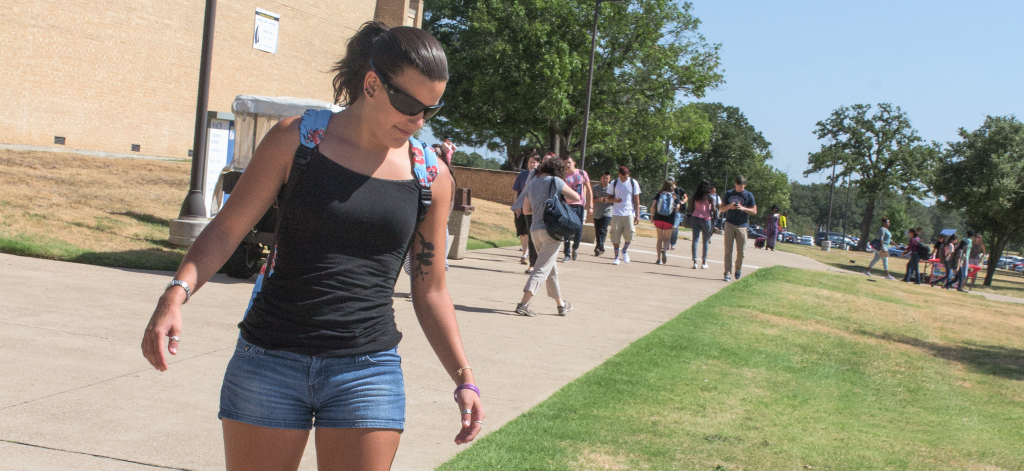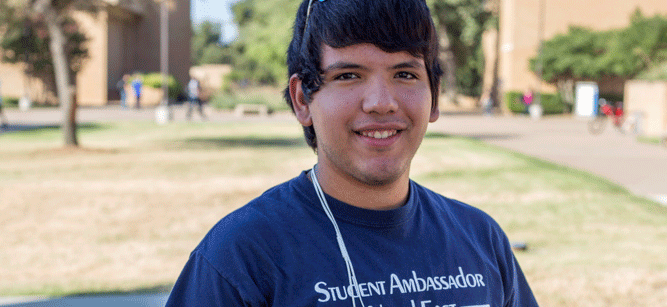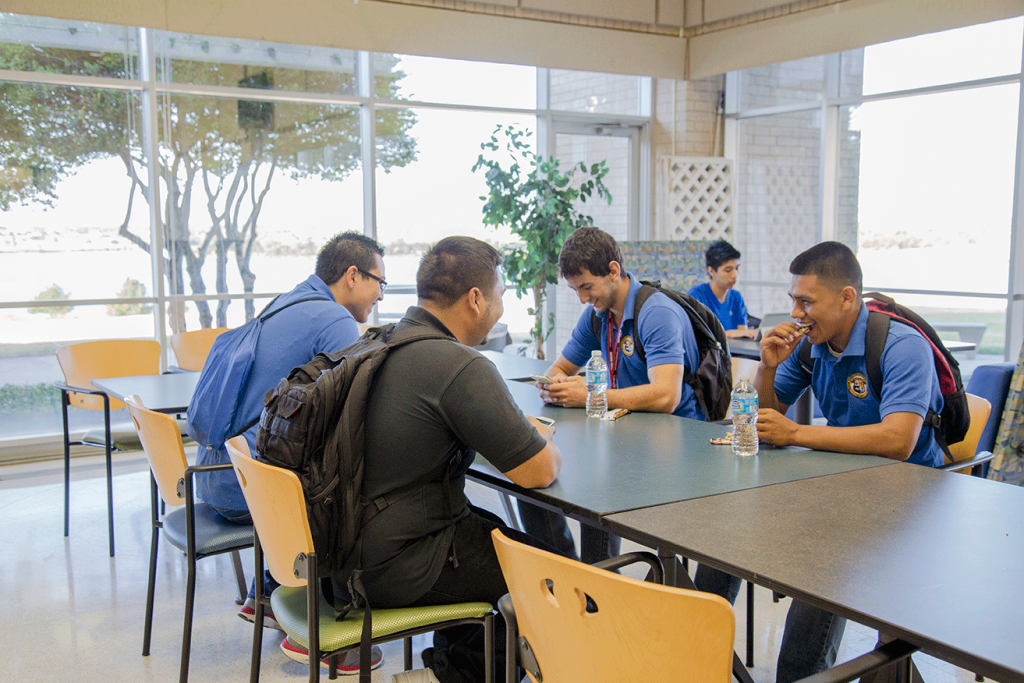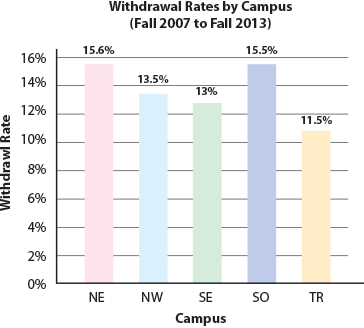By Tabitha Redder/managing editor
Freshmen encounter an abundance of new experiences entering college, and involuntary weight gain can be one of them.
The “freshman 15” is a common phenomenon that happens when college freshmen gain around 15 pounds their first year in school, clinical registered dietician Laura Bartee said.
Bartee attributes the weight gain to new food experiences that differ from what students had in high school.
“Even if students are still living at home, a lot of times they’re eating out more frequently or having late-night study sessions where food is involved,” she said.
Bartee also warns of empty beverage calories that don’t satisfy hunger and only rack up daily caloric intake.
“Starbucks, energy drinks, alcohol and other beverages play such a huge role in weight maintenance, and we don’t always consider beverages to be a part of our calorie budget every day,” she said.
NW student Jeff Gregory has a similar opinion on weight gain because of a change in lifestyle although he didn’t experience any weight gain himself.
“You don’t necessarily have parents around watching you all the time,” he said about college. “You’ve got more freedom, so you can go out and party or eat more.”
NE student Harleigh Coffey experienced the unwanted effects of the freshman 15 her first year in college but has since become more health-conscious.
“At first, I was having problems because I would eat whatever I wanted, whenever I wanted,” she said. “You also just get busy. Some people double major or take crazy amounts of [credit] hours. It’s hard to make meals for yourself when you have five different tests to study for.”
Coffey suggests preparing meals in advance as an option for those concerned about maintaining their weight.
Bartee encourages students to be aware of what they’re eating and how their diet is different now that they’re in college and emphasizes the importance of a balanced diet.
Regardless if it’s in a cafeteria or restaurant, she recommends splitting the plate into sections and filling half with fruits and vegetables, a fourth with whole grains like whole wheat bread, brown rice, oatmeal or quinoa and the last fourth with lean proteins.
“If you’re going to the cafeteria and getting white bread, potatoes and white rice, that’s not going to keep you full for a long time, so you’re going to be more prone to overeat,” she said.
Registered dietician Heather Heefner said the biggest problem in weight gain for freshmen is the decline in physical activity.
“They don’t realize how inactive they are and how much they’re eating,” she said about freshmen students. “Join an intramural team or find a workout partner to hold you accountable to exercising.”
Physical activity is the number one predictor of weight maintenance, Bartee said.
For those struggling with staying active, Bartee suggests carrying a pedometer that will keep track of the user’s activity.
“It will actually measure your steps for you,” she said. “It’s very motivating to see that.”





























